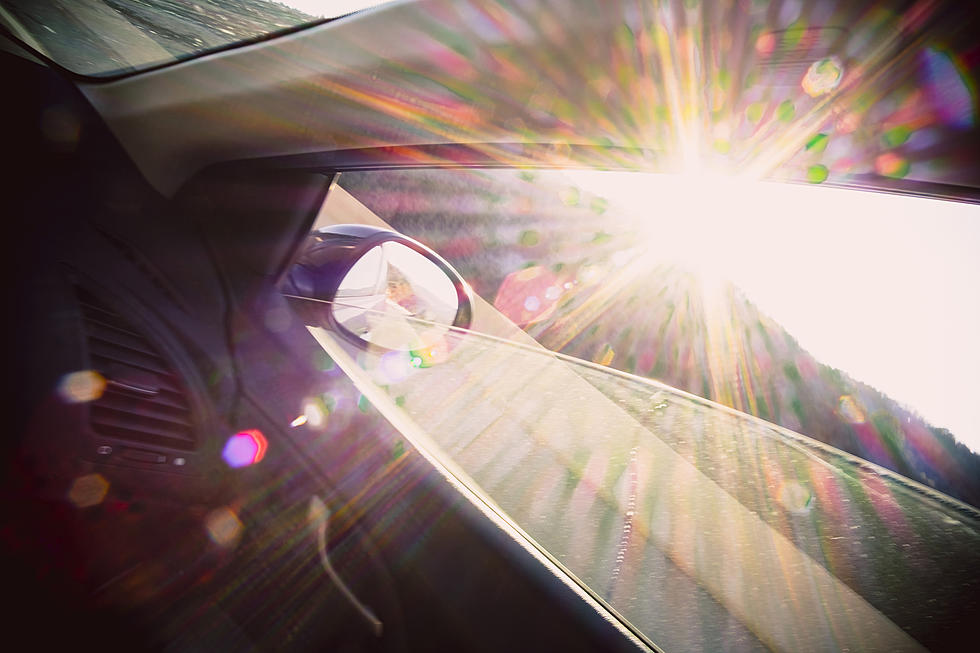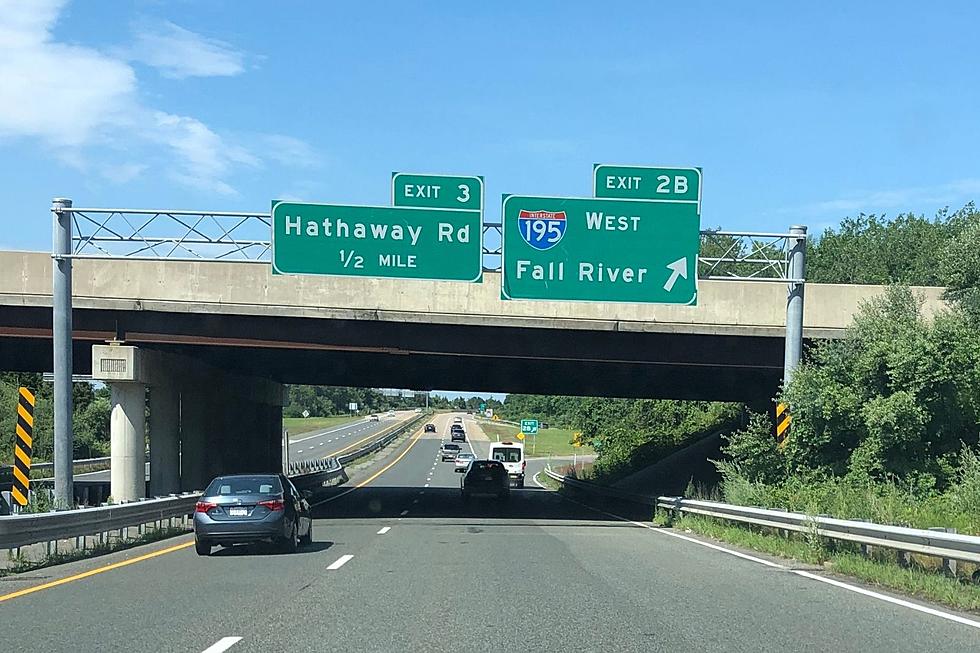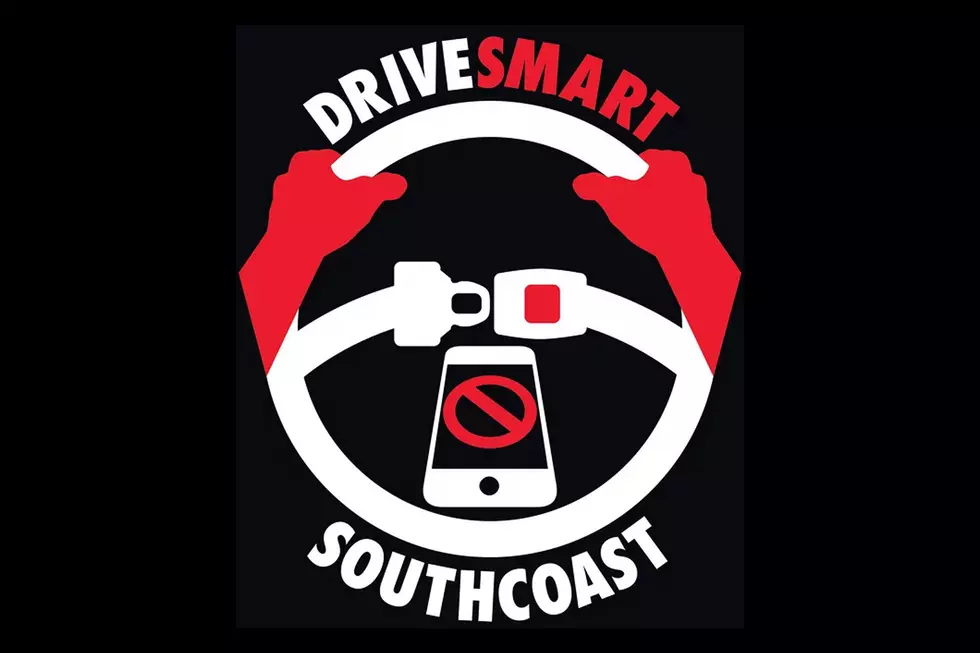
The SouthCoast Is Blinded by the Light This Time of Year
We've all driven on bright, beautiful sunny mornings or afternoons when the hellish glare makes us visually impaired to the point where it temporarily blinds us. For many, this happens regularly to and from work. Becoming temporarily blinded by sun glare while you're driving is so frightening and dangerous.
When the sun is low in the horizon, the angle of direct sunlight creates such a strong glare across the windshield that it makes it very difficult, if not impossible, to see the cars around you as you're rushing along. On a two-lane highway, the sun's glare makes driving so unsafe and high risk, especially when you can't see the double yellow lines separating the head-on traffic.
Sun glare is also incredibly treacherous when the bright sun sets behind you, because it bounces off your rearview mirror, or anything shiny on the dashboard, gear shift or off traffic lights ahead.

A cousin of mine was telling me how he lost his case in court. On a November morning, a pedestrian was three-quarters of the way across the road when my cousin struck her with his car, causing life-threatening injuries. In court, my cousin's lawyer tried convincing the jury that the brightness of the sun's glare prevented him from seeing the woman. He said his case was hard-fought and expensive, but the pedestrian's lawyer was able to show that my cousin was negligent.
In Massachusetts, there's no law that excuses someone from an accident simply because of sun glare. The court decided that even though glare may have been the primary cause of the accident, everyone driving a car in the Commonwealth has a legal duty to exercise extra care, no matter how bad the glare is.
Keep in mind, there are more car accidents caused by the sun's glare than caused by icy road conditions, so be very careful as we enter the sun glare season on the SouthCoast.
Keep a pair of polarized sunglasses in your vehicle, make sure your windshield is clean inside and outside, and slow way down when driving through a sun glare. It's safer for you.
During Winter, You Know You Are from New England When...
More From WBSM-AM/AM 1420









